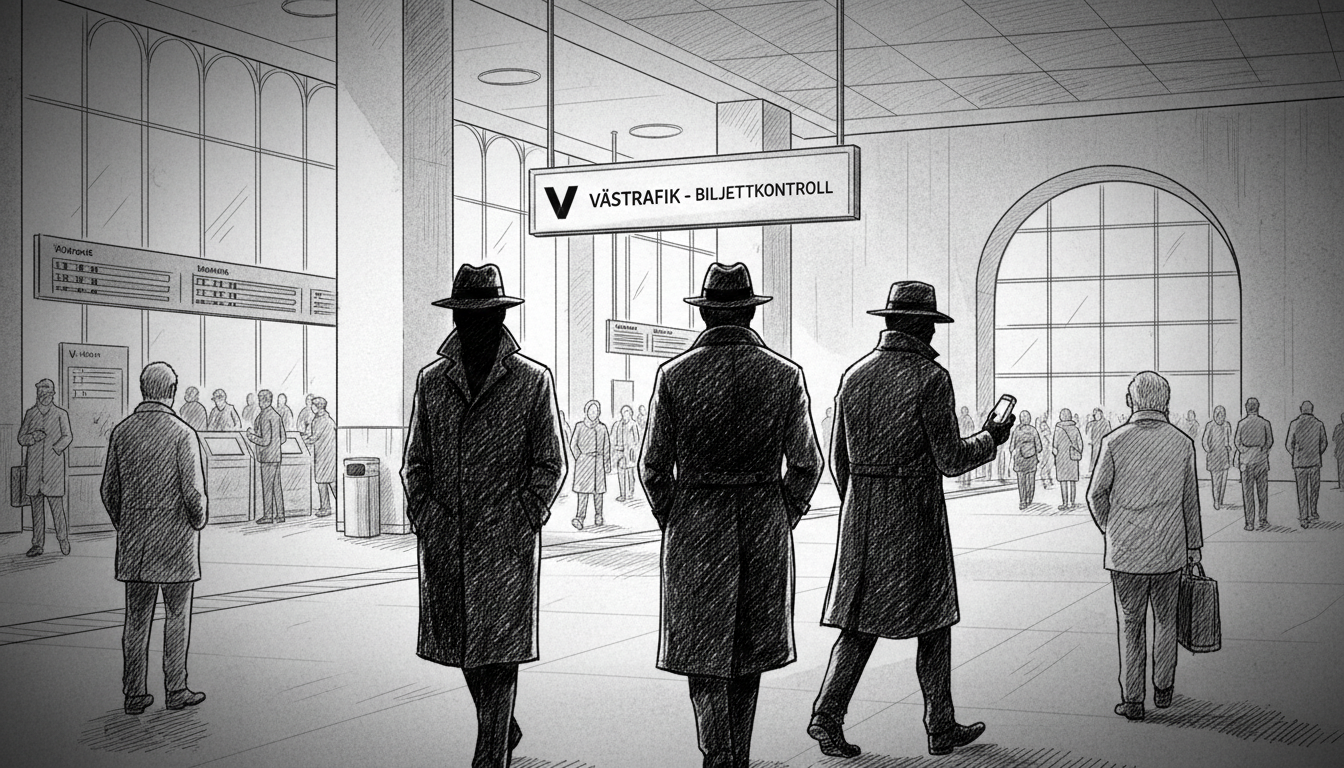Västtrafik is expanding its team of plainclothes ticket inspectors across Western Sweden. The public transport operator currently deploys undercover controllers in Gothenburg, Trollhättan, and Borås. They will soon begin operations in four additional municipalities within Västra Götaland County.
Cecilia Wallem from Västtrafik explained the strategy in a statement. She said the approach gives inspectors flexibility to monitor compliance where needed. The expansion represents a significant shift in fare enforcement tactics for Sweden's public transport system.
This move comes as Swedish transport authorities face ongoing challenges with fare evasion. Many European transit systems have adopted similar undercover inspection methods. The approach aims to catch habitual evaders who might spot uniformed inspectors from a distance.
Sweden's public transport operates under a unique hybrid model. Regional governments own the systems while private companies often run daily operations. This creates complex accountability structures for fare enforcement. Västtrafik serves approximately 700,000 daily passengers across Västra Götaland.
The plainclothes expansion reflects broader trends in Swedish public transport security. Many operators are moving toward more discreet monitoring methods. This represents a departure from traditional uniformed inspections that dominated Swedish transit for decades.
International readers should understand Sweden's honor system for public transport. Passengers typically board without showing tickets initially. Random checks occur during journeys. The system relies heavily on voluntary compliance and the threat of substantial fines for violations.
Local residents have expressed mixed reactions to the announcement. Some welcome the increased enforcement against fare evasion. Others question whether undercover methods might create uncomfortable situations for legitimate passengers.
The financial implications of fare evasion remain substantial for Swedish transport operators. Unpaid fares cost public transit systems millions of dollars annually. These losses ultimately affect service quality and taxpayer subsidies.
What does this mean for international visitors and expats in Sweden? Travelers should always validate tickets before boarding. The expansion of plainclothes inspectors means enforcement could happen anywhere, anytime. The standard fine for fare evasion currently exceeds 1,500 SEK (approximately $150).
This expansion appears strategically timed. Many Swedish transport operators report increased fare evasion during economic downturns. The discreet inspection method likely aims to address this pattern without creating confrontational environments.
The real test will come in implementation. Undercover inspectors must balance effective enforcement with passenger comfort. Success will depend on careful training and clear communication about enforcement policies.

